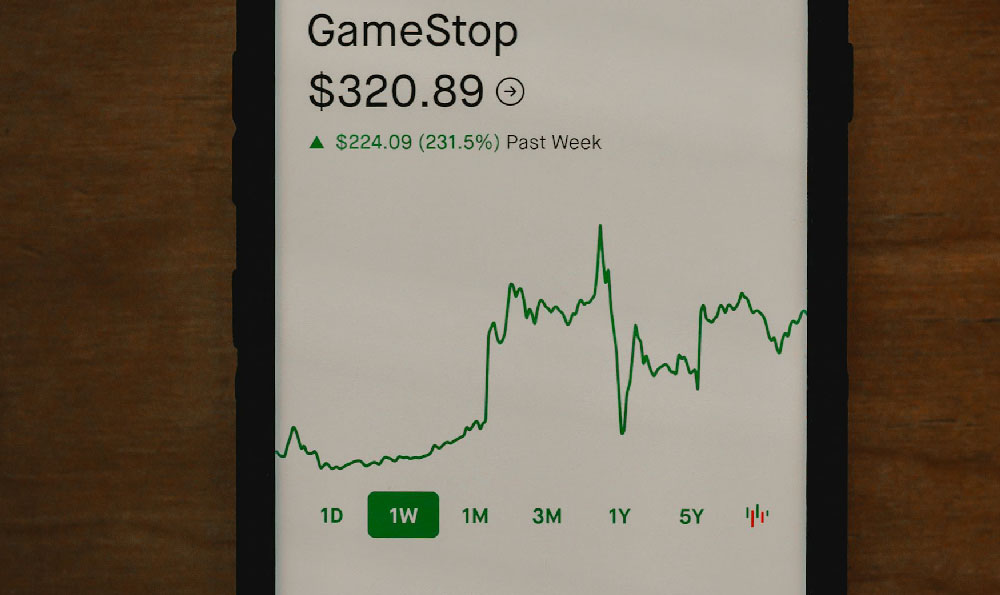Okay, I understand. Here's an article addressing the topic of making money in The Legend of Zelda: Breath of the Wild, without using the explicit title or bullet points, and adhering to your other requests.
The vast, breathtaking world of Hyrule, as depicted in Breath of the Wild, isn't just a playground for adventure; it's also a surprisingly intricate economic ecosystem. Link, the hero tasked with saving the kingdom, frequently finds himself in need of rupees, whether it's for purchasing essential armor, replenishing weapon stocks, or acquiring valuable resources. Early on, rupee scarcity can feel like a significant obstacle, but with the right knowledge and strategies, even a humble Hylian can amass a considerable fortune.
One of the most straightforward, and indeed, earliest methods of earning money is through the diligent collection and sale of foraged items. Mushrooms, fruits, and vegetables scattered across Hyrule's landscapes become a consistent source of income. While selling these items individually may seem tedious, cooking them into simple dishes dramatically increases their value. For example, five apples, typically sold for a pittance, cooked together create a dish that sells for significantly more. This principle applies to nearly all ingredients; experimentation with cooking is not only rewarding in terms of health recovery but also financially beneficial. Recipes requiring specific ingredients, such as meat skewers or seafood paella, often fetch high prices, especially if they incorporate rare items like gourmet meat or hearty ingredients.

Hunting is another lucrative avenue, though it requires a bit more skill and investment. Animals throughout Hyrule, from boars to wolves to elk, provide valuable meat when felled. The quality of the meat directly impacts its selling price. Sneaking up on animals before attacking them allows for clean kills, maximizing the amount of meat obtained. Utilizing bows and arrows is often the most efficient hunting method, but stealthy melee attacks can also be effective. Just as with foraged items, cooking raw meat into dishes elevates its value. Gourmet meat dishes, in particular, can bring in a substantial profit, making hunting trips a worthwhile endeavor. The snowy Hebra region is famed for providing a plentiful supply of high-quality animals.
Beyond the natural resources of Hyrule, the game’s combat system also presents opportunities for financial gain. Defeating enemies, particularly Bokoblins, Moblins, and Lizalfos, yields valuable monster parts. These parts, while seemingly useless at first glance, are crucial ingredients for creating elixirs. Elixirs, brewed using monster parts and insects, provide temporary status buffs, such as increased attack power, defense, or stealth. More importantly, elixirs can be sold for a considerable profit. The type of monster part and the insect used significantly affect the elixir's value. Insects like restless crickets, acquired through cutting grass, can be combined with Bokoblin horns to create stamina elixirs, which are highly sought after by adventurers. More powerful monster parts, such as Lynel hooves or Gleeok wings, can be used to create even more potent and valuable elixirs. Experimentation and careful resource management are key to maximizing profits from elixir brewing.
Another excellent method, unlocked a bit later in the game, revolves around gemstone farming. Ore deposits, scattered throughout caves and mountainous regions, yield valuable gemstones such as amber, opal, topaz, ruby, sapphire, and diamond. While amber and opal are less valuable, the other gemstones can be sold for a significant amount of rupees. Diamonds, the rarest and most valuable gemstone, are particularly prized. Efficient gemstone farming involves exploring caves thoroughly, breaking ore deposits with bombs or powerful weapons, and utilizing the sensor function on the Sheikah Slate to locate ore deposits more easily. The Goron City region is known for its rich concentration of ore deposits, making it a prime location for gemstone farming.
There exists a mini-game, accessible after progressing through certain side quests in Lurelin Village, that allows players to repeatedly gamble on treasure chests. The initial investment is relatively small, and with a bit of luck and careful save-scumming, one can repeatedly obtain valuable gemstones and other rare items. While this method can feel a bit exploitative, it is undeniably an efficient way to accumulate wealth for those willing to save and reload their game until they achieve the desired outcome.
For those seeking a more passive income stream, completing side quests and challenges is a reliable option. Many non-player characters (NPCs) throughout Hyrule offer quests that reward rupees upon completion. While the initial rewards may seem modest, these quests often involve simple tasks, such as gathering materials, defeating monsters, or delivering items. Over time, completing numerous side quests can significantly boost Link's financial standing. Furthermore, some side quests unlock access to mini-games or other activities that generate additional income.
Finally, mastering combat and acquiring powerful weapons allows for efficient enemy farming. Certain locations in Hyrule, such as Hyrule Castle, are teeming with powerful enemies, including Guardians and Lynels. While these enemies pose a significant challenge, defeating them yields valuable monster parts and rare weapons. Selling the monster parts and using or selling the weapons becomes a source of considerable income. Learning the attack patterns of these enemies and mastering parrying and dodging techniques is essential for efficient enemy farming.
Ultimately, wealth accumulation in Breath of the Wild is a multifaceted endeavor, rewarding players who are resourceful, diligent, and willing to experiment. Combining multiple strategies, from foraging and cooking to hunting and enemy farming, is the key to achieving financial independence and acquiring the resources needed to conquer Hyrule's challenges. The most important tip is to never stop exploring and taking on new challenges, as each new discovery brings with it the potential for financial gain.












